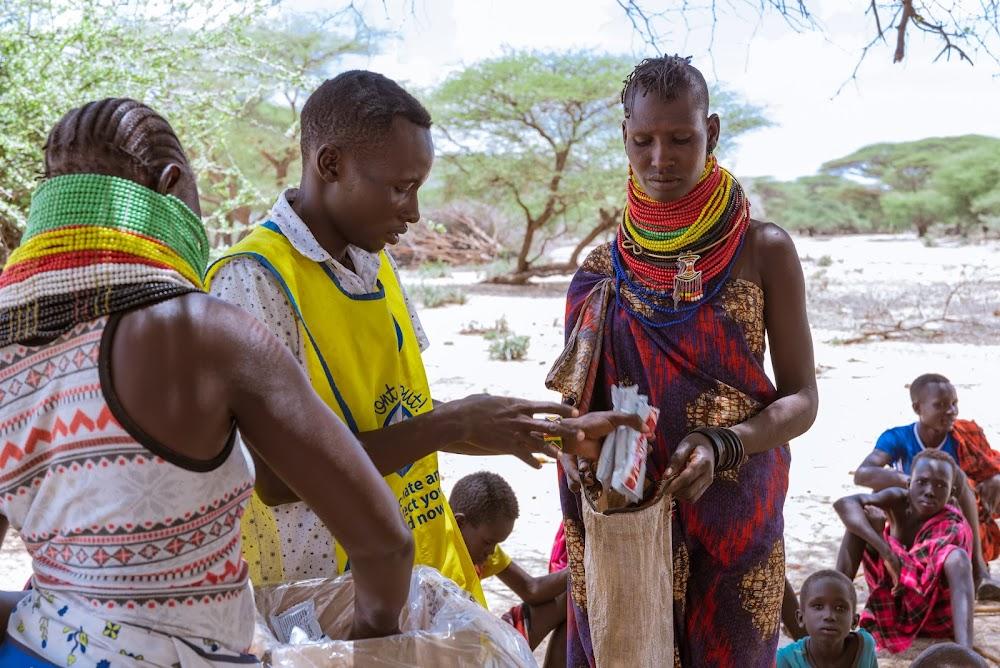Africa-Press – Eritrea. At least 65,342 cases of children in need of help have been attended to by the Department of Children Services from the Asal counties due to the ongoing drought.
They include 32,134 girls and 33,208 boys with the highest recorded cases in all the ASAL counties being of child neglect, averaging more than 54 per cent of the caseload.
The latest situational report by Unicef shows there has been an increase in cases of gender-based violence including child marriage, defilement and recruitment of adolescent boys into armed groups.
“With poverty levels increasing, adolescent boys are more at risk of being recruited by armed groups and involvement in illegal activities,” Unicef says.
The studies were conducted by Save the Children and Plan International in the ASAL regions of Marsabit and Wajir.
Another rapid gender analysis of the drought emergency conducted by UNFPA and the International Federation of Red Cross and Red Crescent Societies in Garissa, Samburu, Kajiado and Turkana also revealed a gendered impact of the drought.
The analysis showed women are more vulnerable to food insecurity due to gender norms that prioritize men in access to food.
“Women and girls have been forced to walk long distances in search of water and food which exposes them to GBV risks, with over 40 per cent of women taking over an hour to collect water and 65 per cent of respondents perceiving water points as unsafe,” the report says.
According to the report, there has been an increase in school dropout cases in the region especially among girls due to insecurity, distance to school, illiteracy of parents and parental neglect.
The report lists food insecurity, poverty, gender role stereotypes, child marriage, Female Genital Mutilation, defilement, and lack of sanitary facilities as other contributors to school dropout cases.
“Men and boys have been forced to move in search of pasture and water for their livestock, which exposes them to risks of inter-community conflicts over natural resources like water and pasture, and human-wildlife conflict,” the report says.
“This has increased the care burden for women in generating family income, leaving less time to access Sexual Reproductive Health services.”
Unicef has raised concern that boys dropped out of school to help in herding livestock and child labour to supplement the family income, mostly in female-headed households.
For More News And Analysis About Eritrea Follow Africa-Press







